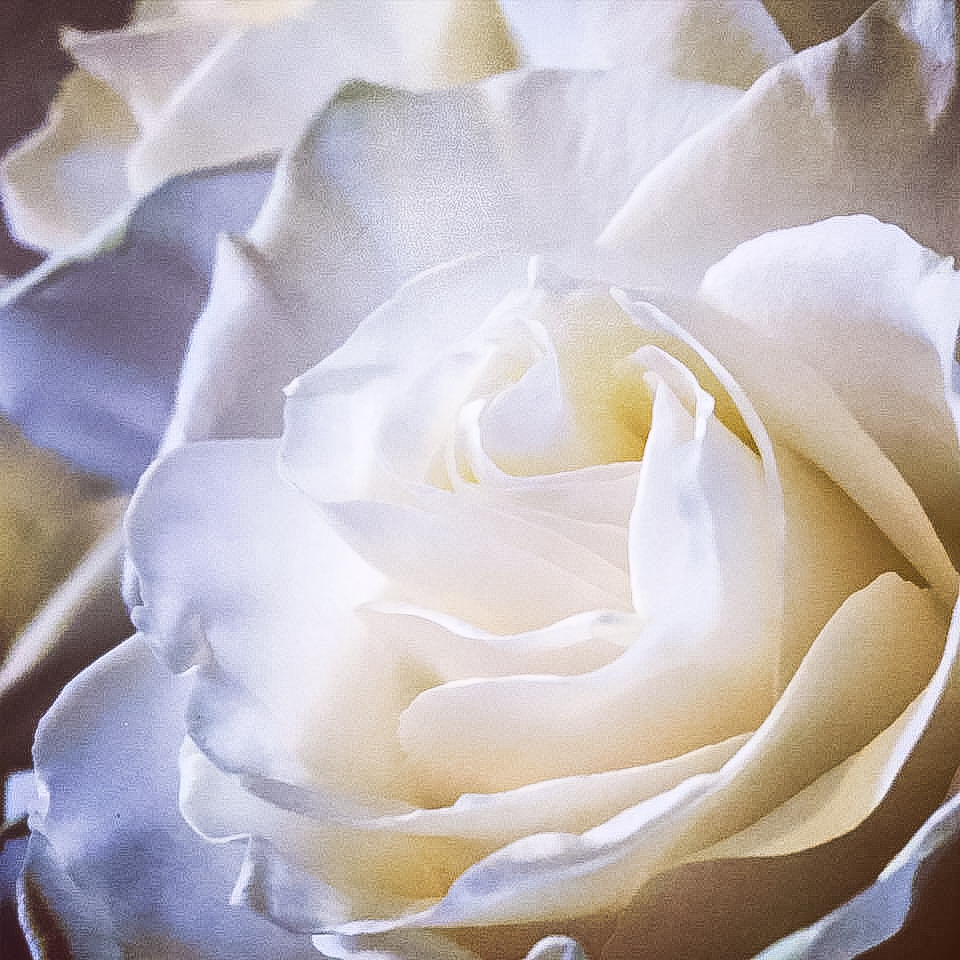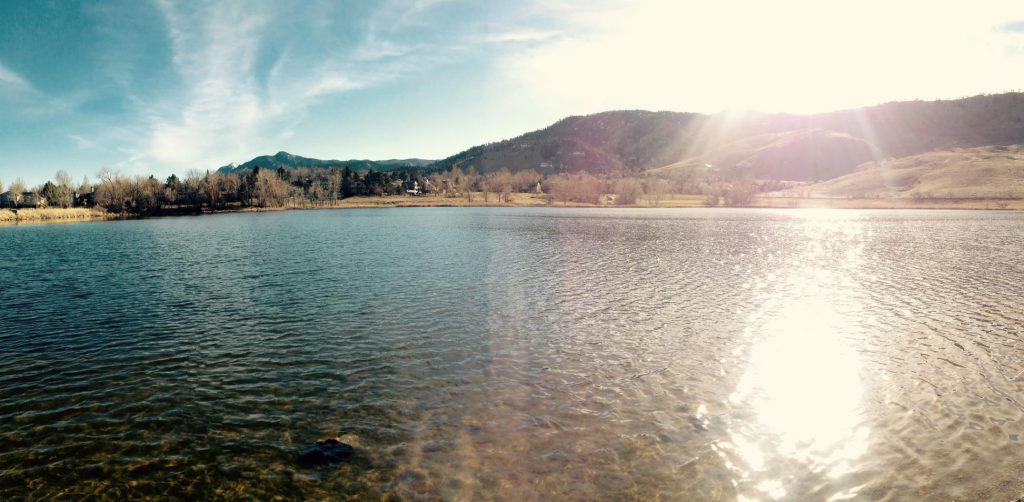

I never liked you. Your freckled face and the glasses always sliding down your nose. You’d come to me at recess and say that I was mean; you were short a girl for four-square and everyone wanted to know—why wouldn’t I play? Didn’t I like them? All I’d want was to soar, silent and alone, on my swing, but you’d stand there, saying how I mean I was, until I slid off and followed you to your game.
I wish I hadn’t bumped into you on Facebook, hadn’t needed to pretend I was happy to see you and the woman you’ve become. I wish I never had to say how like you your daughter is or how tall your son. I wish I never said, “it’s been too long,” when, in fact, it hasn’t been long enough. Not nearly.
But you found me. You started this whole direct message thread and now I must do what I want least of all—say I’m sorry.
I’m sorry because I knew what your dad did to me was wrong and that he probably did it to you, too. I knew this, even then, because when we were younger—remember Christy? How she went away and never came back? Her lip always sweat. It just beaded there, right on her lip, like diamonds. I’ve never seen that, before or since, on anyone else. And I never saw her without it.
Remember? She went away when we were eight and that’s when Mom told me how babies are made and what Christy’s grandpa did. I pictured Christy and her grandpa in a bathroom like the one at my house, yellow flowers papered to the walls, because Mom used the term “pee-pee.” Her explanation was rudimentary, at best, but her main point was this—I should tell her if anyone ever touched me that way. At the end, she also told me Christy was going away and I was glad. I didn’t like her sweat, the way she smelled.
At your tenth birthday, your dad threw us into the lake from a pier. It was the year I’d begun to bud but only on one side. At first, Mom thought it might be cancer and talked about it to all her friends and took me to a doctor. Then everyone wanted to know was my chest okay and Owen’s mom asked in the carpool. I had to say, out loud in front of everyone, “I’m fine, just growing,” and that made you laugh and Owen turn red. He couldn’t quite look at me again after that, not for a long time.
On the day of your party, the only toilets at the lake were in a square, cinderblock building. There weren’t doors on the stalls and my swimsuit was a one-piece because Mom didn’t like me showing my midriff. You and the other girls jumped around the corner while I squatted over the toilet. Soggy paper stuck to my hands and my suit puddled at my ankles. My one bud hung in the open.

You laughed and ran away before I could dress myself. When I came out, there you were—running laps from the water to your dad on the pier and back again. I ran to join you. We were a loop, all of us, from the pier and your dad’s hands lifting us in the air, water splashing into mouths and noses, wading water-logged back to shore and the pier all over again. When your dad lifted me, his fingers slid inside my suit, between my legs, and I was too young to know he did it on purpose. I stayed in the loop. I ran again and again to him because that’s what everyone did. That’s all there was that day, at your birthday, that endless loop of water, mud, pier, and fingers. It was only toward the end that I thought maybe he didn’t do it accidentally. But everyone was laughing. No one seemed to mind.
At home, afterward, Mom cut gristle from chicken breasts. I smelled of lake and mud, and my hair curled in stiff waves the way it does when I let it air dry. She asked about the party. A pile of fat lay on the table, which was laminate and stained. I thought of telling her what your dad did to me but the words wouldn’t form and I thought of ugly Christy. I still don’t know anyone who sweats like that.
I stalled and Mom cut against the grain of the breasts, which were pink and shiny; I wanted to poke one with my finger. I knew if he did that to me, he must do it—and more—to you. But you didn’t seem to mind and, when I remembered your speckled face laughing inside the lake bathroom that day, I decided I didn’t like you enough to tell.
“It was good,” I said, jabbing my finger into the last whole breast.
Mom ordered me to wash right away. Stephanie, you remember, got food poisoning that one time.
I liked Stephanie, her crimped hair like wheat in the sun. I’m glad she found me on Facebook so I could see her daughters’ hair crimping the same way, but I’m not glad she led me to you. You are someone I wish would disappear, like Christy.

Stacy Trautwein Burns writes in Denver, Colorado. Her fiction appears online at places like New Flash Fiction Review, Jellyfish Review, and Smokelong Quarterly and has been shortlisted for various prizes, most recently the Master’s Review Anthology Prize Volume VII. A full list of her publication credits, with links to some, can be found at www.stacytrautweinburns.com.


–Art by Kithusa